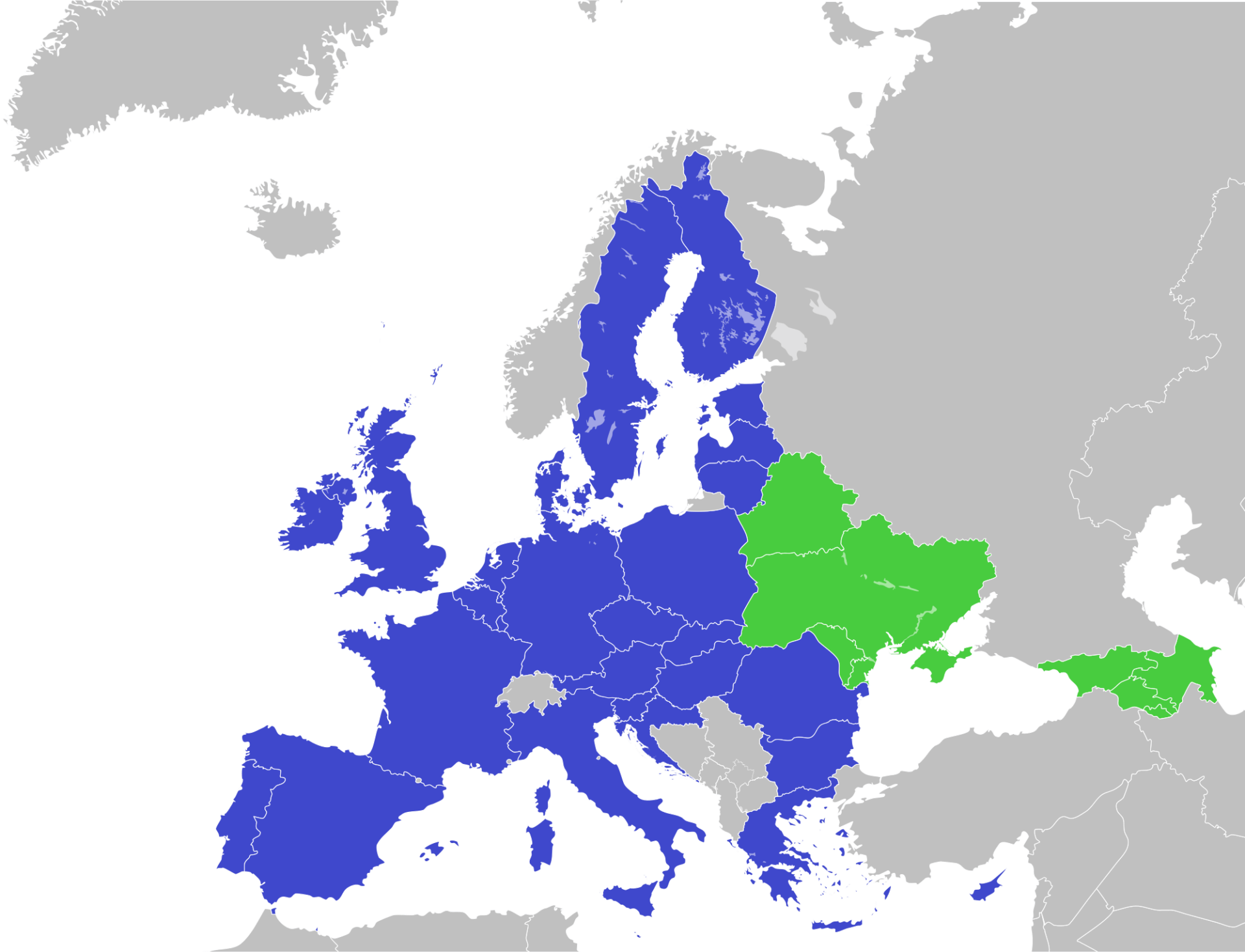(Heinrich-Böll-Stiftung) 2019 marks the 10th anniversary of the signing of the Eastern Partnership initiative with six former Soviet Republics – Armenia, Azerbaijan, Belarus, Georgia, Moldova, and Ukraine. The direction of development for Armenia and Belarus is clear: in these countries, the political establishment chose to align with the Eurasia Economic Union, as well as the Collective Security Treaty Organization, despite close cooperation with the EU. In the case of Georgia, Ukraine, and Moldova, the political elites made clear their future intentions to be part of the European Union and NATO, citing the Baltic states as a role model. For Azerbaijan, the future is more ambiguous. Cooperation with the European Union in energy and trade remains one of Azerbaijan’s policy priorities. Azerbaijan looks to the EU as a market for its resources with the hope that the EU can someday become a force to counterbalance Russia in resolving the Karabakh conflict with Armenia.
The 2017 and 2018 surveys on perceptions among Azerbaijanis found that between 40-47% of those surveyed trust the EU, while 41% of surveyed, associate peace, security and stability to the EU. Other values associated with EU in the survey included honesty (38%) and economic prosperity (26%). Moreover, the Azerbaijani political establishment is always satisfied with the EU’s consistent support of the territorial integrity of Azerbaijan. The most recent statement of European Council President Donald Tusk on July 9, 2019, in Baku that “the EU supports Azerbaijan’s sovereignty, independence, and territorial integrity,” proved to Azerbaijanis once again that contrary to other regional players, the EU is the most unbiased. Meanwhile, for the last twenty-five years, the EU has been an important partner for Azerbaijan, providing around €333 million in technical, humanitarian, emergency, and food assistance. EU investments of €35 billion make it the largest investor in Azerbaijan. Moreover, the share of EU countries in Azerbaijan’s foreign trade was 47%, far more than the country’s trade with CIS countries or Turkey. However, the recent political changes in EU, which include Brexit and the rising number of far-right and nationalists parties winning seats in the European Parliament has shaken Azerbaijan’s confidence in the sustainable future of the EU. […]
Read More © Heinrich-Böll-Stiftung










